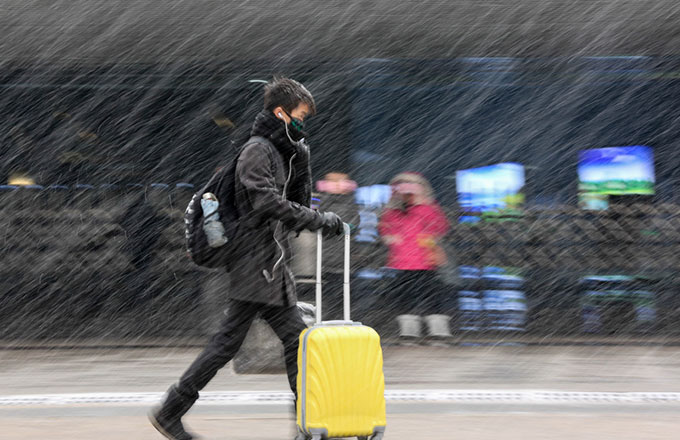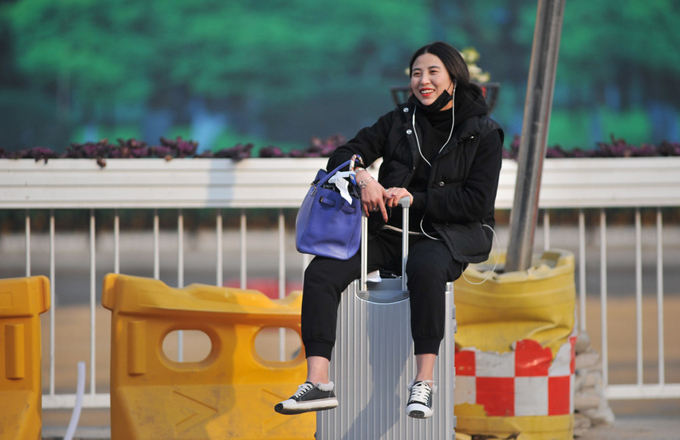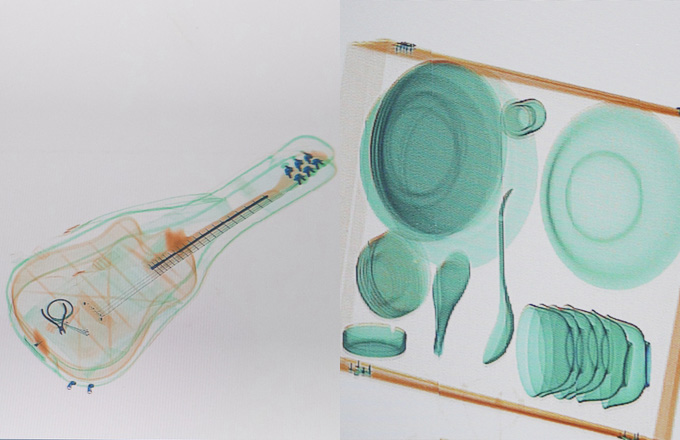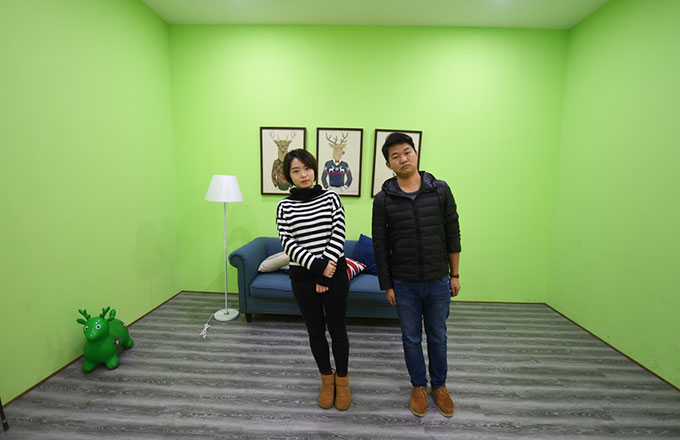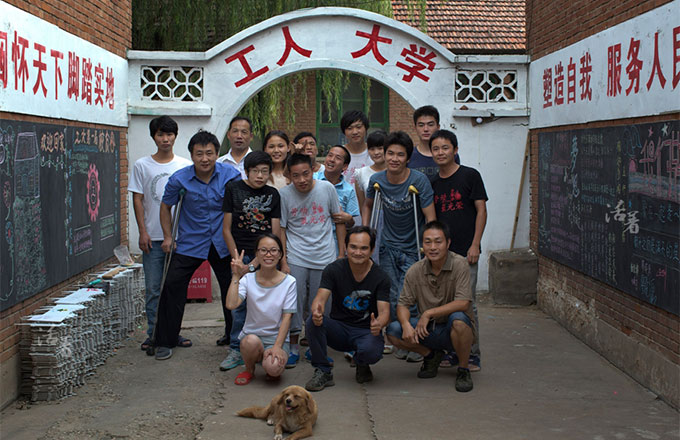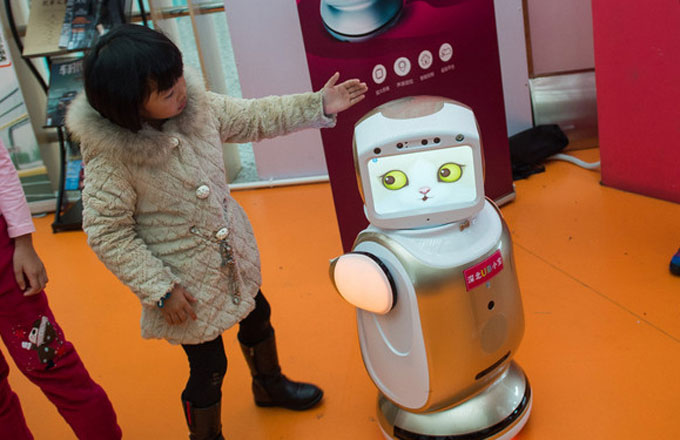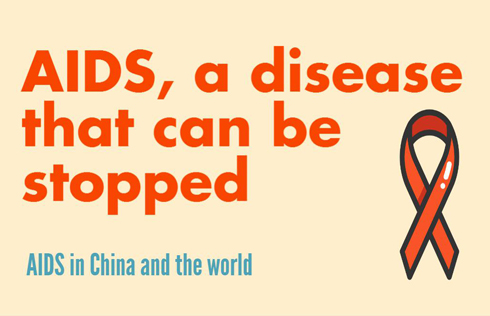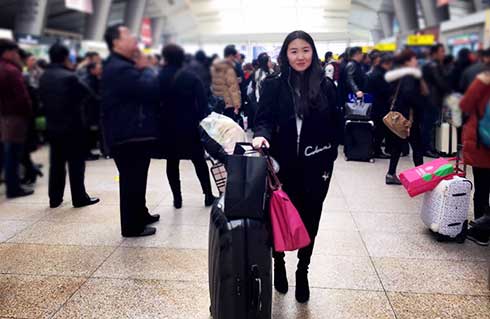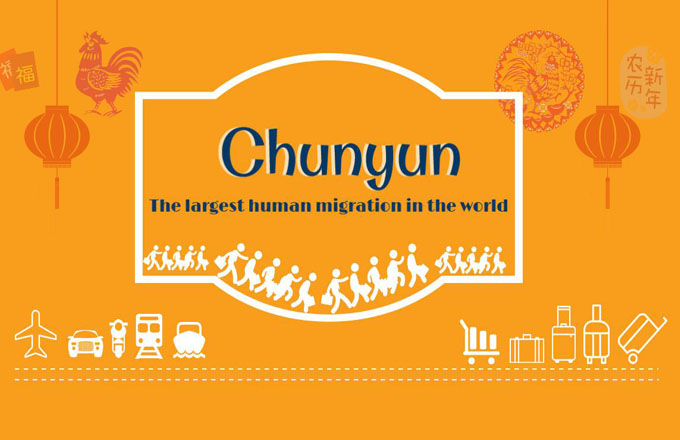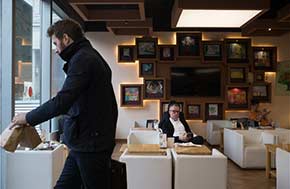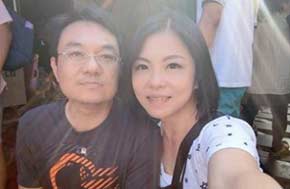The cafe where love is the main ingredient
People are forced to hide their health status
Since I was diagnosed as HIV-positive four years ago, the biggest obstacle I have faced is actually getting to see a doctor. Most say they don't know how to cope with my condition, or how to write prescriptions when I have serious nasal catarrh or allergic dermatitis. It's just a way of driving me away. The doctors advise me to go to special hospitals that treat infectious diseases, but most of those places, especially in small cities, have very limited resources.
People with HIV/AIDS meet much bigger challenges when they need surgery. Many hospitals refuse to perform operations, claiming they can't meet the required standards of hygiene. Rejections such as these force people with HIV to hide their status from society, including medical staff.
In recent years, a greater number of HIV-positive people have gone public to combat discrimination and to explain that the free medication provided by the government will prevent the replication of HIV cells, allowing us to live as long as other people.
Sadly, the responses we receive are always one end of two extremes: Some people show respect, while others associate the disease with drug abuse and promiscuity.
There are two ways we can educate the public about HIV/AIDS.
The first is to explain how people can protect themselves by using high-quality condoms, staying away from blood products supplied by unidentified sources and refusing to sharing syringes. The other is to emphasize that normal contact with people who are HIV-positive, such as sharing tableware or restroom facilities, won't lead to other people becoming infected.
AIDS is a physical illness, so it shouldn't be subject to any kind of moral coercion. We hope that we can reach out to influence more people's attitudes to the HIV/AIDS community.
Liu Shi spoke with Zhou Wenting




